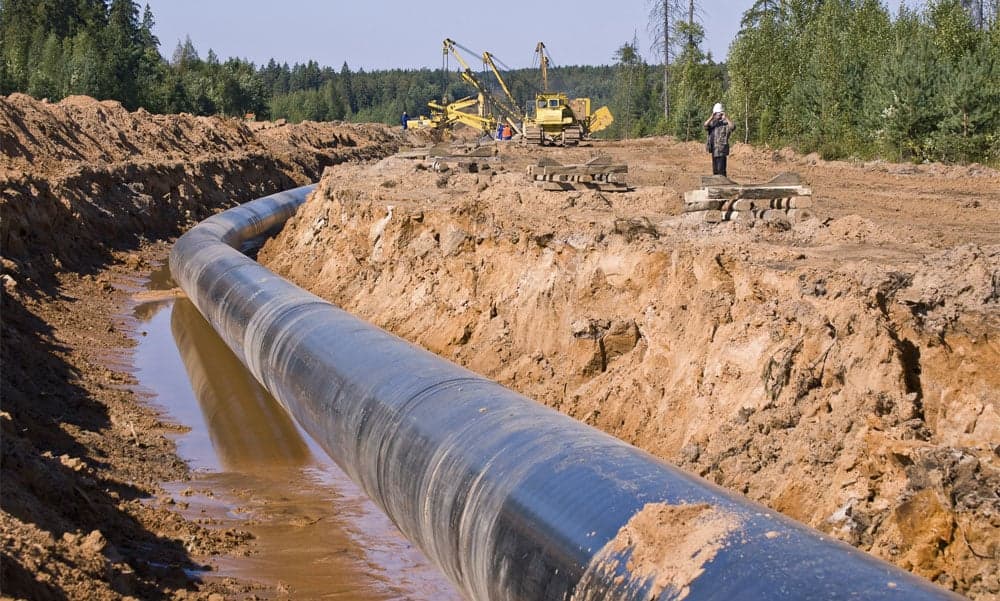You were a pipeliner, and then you weren’t, and now you want to be one again. Whether you changed careers, went back to school, were laid off, etc. etc., there is no better time than now to want to get back into the pipelining industry. Over the last few years, the industry has been rather volatile – but that’s about to change. The pipelining industry is actually expected to expand in coming years, meaning there will be more jobs available to workers like you. To help get you started off on the right foot, we’ve pulled together our top 5 tips for pipeliners thinking about re-entering the industry.
1. Ensure Your Certifications and Tickets are Up-to-Date
Pipeline work can be dangerous, especially for those who aren’t properly trained or educated for the job. Ensuring that your various training certifications and safety tickets are completed and up-to-date not only shows your employer that you are serious about the job and motivated to succeed, but also that you possess the skills necessary to safely and effectively carry out the tasks required. Not only that, but holding all of the necessary certifications and tickets will more than likely give you an advantage over another candidate who lacks them.
2. Build Up A Network
You’ve heard it before, and you’ll hear it again. Network, network, network! We will keep saying thing until you start doing it. Building a professional network will only benefit you. The larger your network and the more connections you have with individuals within your industry, the more opportunities you will be presented with. This may come in the form of being made aware of job opportunities, being recruited or recommended, earning a promotion, learning new skills, and much more. So get out there and start networking now.
3. Write A Resume that will Wow
Your cover letter and resume are what your potential employers first impressions of you are based upon – make them great. First and foremost, ensure your resume contains all of the information the employer will be looking for: contact details, relevant skills and education, and employment history are the most important. Second: ensure your resume is well written and properly formatted. Grammar or spelling mistakes scream unprofessional (or simply careless or lazy), and your employment history and education should be presented in reverse chronological order, for example. And last but not least, both your cover letter and resume should be tailored specifically to the job you are applying for. Address the individual receiving your resume, showcase your knowledge of the company, and highlight why you feel that you would be an ideal candidate for the position being offered and for the company in general.
4. Use Your Non-Pipelining Experience to Your Advantage
If you are currently thinking of re-entering the pipelining industry, that means you had left it to begin with – and so what have you been doing in the mean time? Chances are you were either studying and working on your education and qualifications, or that you were working in a different field. Either of these experiences can be used on your resume now to help you get back into a pipelining position. Pipelining can be a diverse industry – just because you don’t think your current experience has any relation, that doesn’t mean it won’t help you stand out amongst a crowd.
5. Don’t Give Up
Ever heard of the saying “Rome wasn’t built in a day”? Finding a job isn’t always a quick process – in fact, it can often feel like it’s never ending. Hours may feel like days, and days like weeks, while scanning job boards and playing the waiting game to know if you’ve been chosen or not. And even after all that waiting – you may be faced with rejection. Don’t let it get you too down. There’s always going to be another job, another company, another chance – just remember to work for it and have patience. Beginning your search for a new job can seem both daunting and exciting – let these 5 tips help you begin your reentry into the pipelining industry smoothly and confidently.
References
- https://blog.rigup.com/tips-for-pipeline-workers
- https://www.nesgt.com/blog/2019/02/five-tips-to-start-your-oil-and-gas-career
- https://www.indeed.com/career-advice/resumes-cover-letters/cv-format-guide
- https://www.careeraddict.com/benefits-networking
- http://pipelineinspector.org/training-certification/

